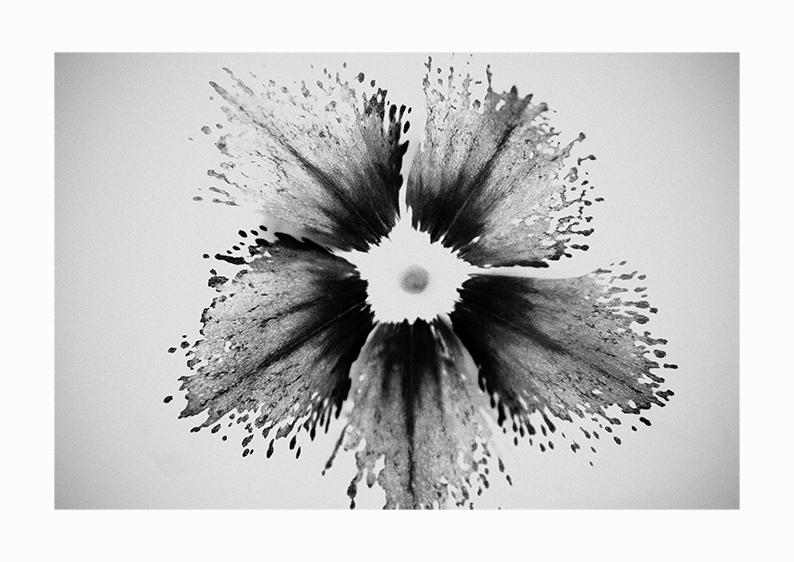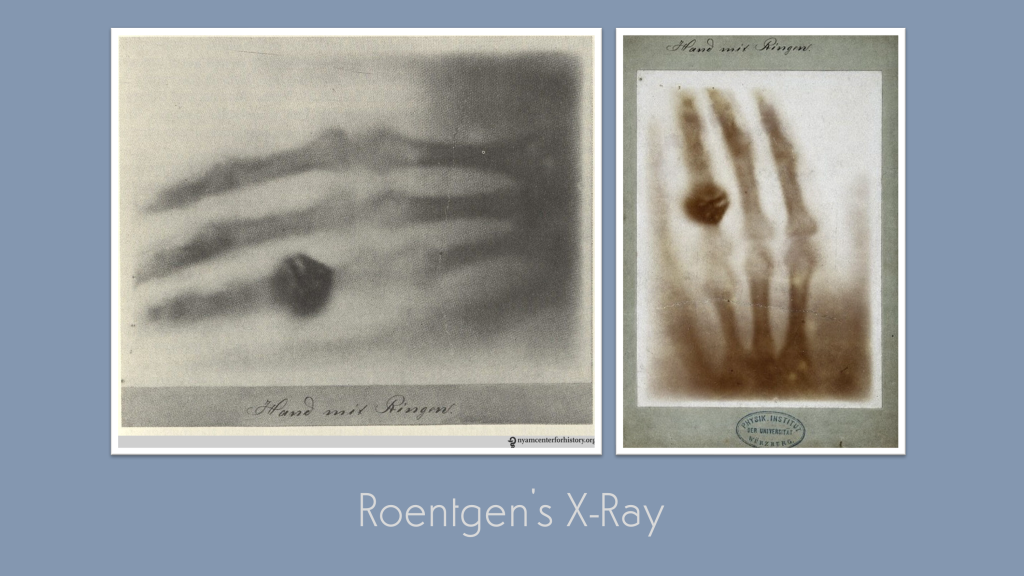
Not unlike the little match girl in the well-known festive fairy story, I find myself looking into the dark shuttered interiors of our Tier 3 pubs, wishing for happier times. I feel for all the publicans right now, and worry about all the little dark spots that have opened up in people’s lives where a pint and packet of crisps once shone.
As a former licensee myself, I have never been confused about the real value of a pub or bar to its community. I was probably happiest when I was running a bar; knowing the exact moment to dim the lights or dial up the volume to bring about some deepening of the social interactions taking place before me; knowing how something as simple as remembering someone’s name and their preferred drink in their preferred glass could both settle and ennoble them. I recall fondly all the small ways in which proximity and a lovely bit of buzz would see friendship groups diversify, and move towards unexpected and unpredictable intimacies. I remember what it was like to produce the conditions for the making of companions from strangers.
When I look into the pub windows, discarded face masks blowing about my feet like leaves, I ache for my barkeep self, who was younger certainly, who worried less, who could drink eight espressos and still sleep like a log.
I think too of my other former job role, as course leader for an undergraduate arts degree. Despairing at all those empty chairs and tables, I repopulate them with rose-tinted memories of evenings spent in UK pubs and European bars in the company of my students, alumni, and staff. In these vignettes, we are imbibing gaudy glasses of Aperol Spritz in the lobby of a down-at-heel Roman hotel and sipping mojitos in some gorgeous dive in the labyrinthine heart of La Rambla. In other memories, we are sitting around the sticky, dark wood tables of a Kent boozer, sporting Poundland hats in the shape of Christmas puddings…
Back then, ‘Santa Hat Friday’ was an annual festive rite, seeing staff, students, and alumni convene in our local for an end-of-term wind-down. While not mandatory, the wearing of seasonally inspired hats was encouraged (in truth, very little encouragement was required). After the very last hand-in, after the long hard slog of the autumn term, we would amble down to the Highstreet, making for a colourful, if untidy, ribbon of revellers.
But it would be a mistake to presume there was anything instinctive about this community of ours looking to spend a night out in a pub as some natural extension of an existing culture or innate behaviour. This course tradition had to be enacted. Many of my students suffered with acute social anxiety. A higher-than-average proportion of their number were neuro-diverse in variously wonderful ways. They likewise came in every shade of the LGBTQ+ rainbow. My students were black, and they were brown, multi-faith and studying with us from overseas. There were students who’d never once frequented a public house, students who didn’t drink, and growing numbers of undergraduates who saw ‘the pub’ as a rather strange, pointless, and provincial space, lacking both the insulation and connectivity of their preferred social media platforms.
For these reasons, ‘Santa Hat Friday’ presented a challenge. More cautious members of academic staff on other courses, and some of those among the ranks of student welfare, raised their eyebrows at the propriety of this extracurricular activity. Was it appropriate to organise course-based events in which some students might feel less able to participate? Was I engineering a scenario wherein some members of my course community might feel isolated, othered, or coerced? Indeed, was it even seemly for course staff to accompany their young wards to the pub, and worse still, while wearing a jaunty pair of flashing reindeer antlers?
I used to roll my eyes at all the hand-wringing. For an event like this to achieve such contrary ambitions, the community leader organising it would need to have the EQ of a mince pie. I approached this extra-curricular activity as I approached every other course-related opportunity for the empowerment of a disparate group of young people, who, for all the reasons described above, might experience social disadvantage were they to continue worrying about engaging with noisier, less pastoral, less well-regulated spaces. I felt it important to actually produce the conditions under which my less naturally confident students would actively struggle, in the knowledge they were safe to struggle because the rest of us were there too; in the knowledge that ‘struggle’ is a half-way house en route to something valuable, lasting and new.
Every Santa Hat Friday was a short bonus module in fostering employability – and no, I am not talking about the awful hollowed-out sense of the word that narrows the value of learning to only its most immediate relevance to some industry or other. I’m talking instead about a young person’s cognisance of, and confidence in, following (and resisting), the unwritten rules of the communal workplace and beyond. I’m talking about their literacy in the unspoken languages of the graduate marketplace. I am talking about growing their power.
So when I find myself standing outside these shuttered pubs, reminiscing about Santa Hat Friday and other ghosts of Christmas past, I’m not feeling sorry for myself, though I’m not above admitting how much I miss large elements of my former life, principally that colourful, untidy ribbon of students, alumni and staff I had the very real privilege of working alongside for ten years or so. Neither am I pining for my days as a licensee, when the cuffs of every white shirt I owned were liver-spotted with Guinness, and I smelled powerfully of cigarette smoke from dawn ‘til dusk. What I’m really thinking about is the impact of COVID on the student experience – not as it pertains to the National Student Survey, or ‘value for money’, or their rights as consumers (yawn) – but as it relates to their opportunities to learn invaluable skills from the rough and tumble of more disorderly communal spaces.
And while I’m in this nostalgic mood, I might kid myself my former students learned everything of real and lasting importance from the content of my lectures… but I know very well, if surveyed, they’d more likely talk about their field trip to Berlin, to Prague, to Barcelona, to Rome. They would recall squeezing into dimly lit hostels, exhausted after early starts and awful flights, negotiating the complex unwritten rules of allocating bunk beds. They’d pick nights out in crap clubs, where they spoke, for the first time, to a classmate they’d otherwise always avoided, or judged, or envied, or fancied. They might point at some group photograph taken on the worn stone steps of some ancient feat of architecture, in which young people from a multiplicity of backgrounds all look as deliriously sleep-deprived as each other. Some of them might even have a fond thing to say about those Santa Hat Fridays, about what it feels like to be part of a community of practice, to feel it binding so reassuringly about you.
In my new role working alongside Dr Tony Reeves at Ding, I’m talking with amazing tutors who have adapted to the new normal of online learning with imagination and dexterity. I have nothing but admiration for the different ways in which tutors have safeguarded their student communities during this hugely challenging time. But as I stand reflected in these gloomy pub windows, thinking how ridiculous I must have looked in my Christmas Pudding hat, I worry more and more about all the little dark spots opening up in the student experience, and I’m keen to understand what more we could be doing to light them back up.





Leave a comment